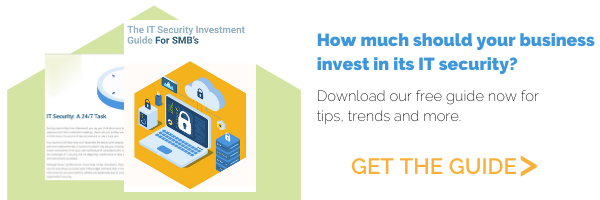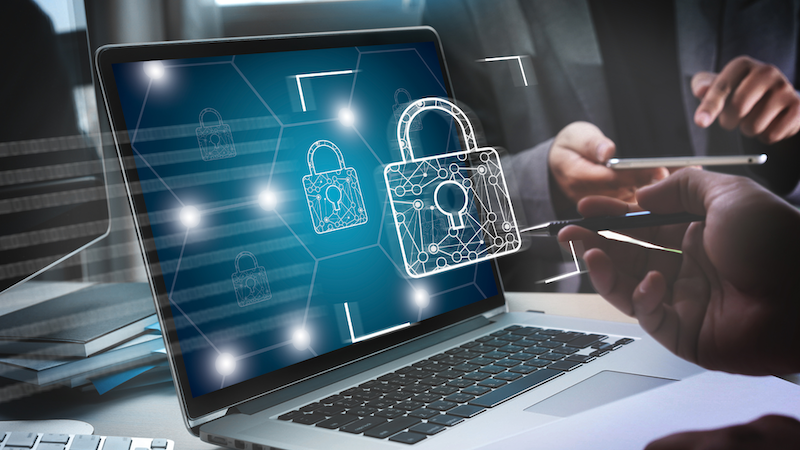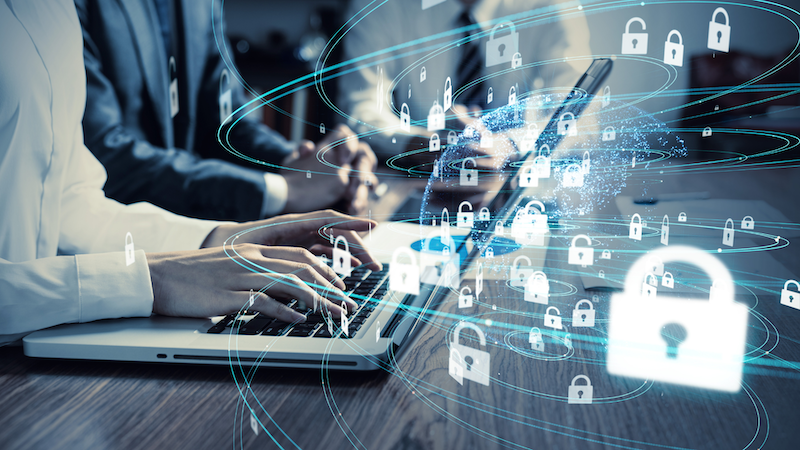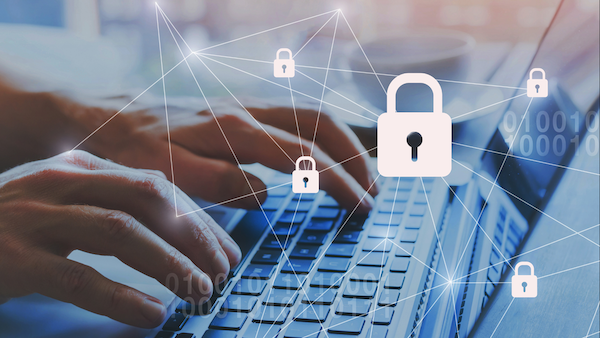5 Fundamental Reasons To Implement Multi Factor Authentication
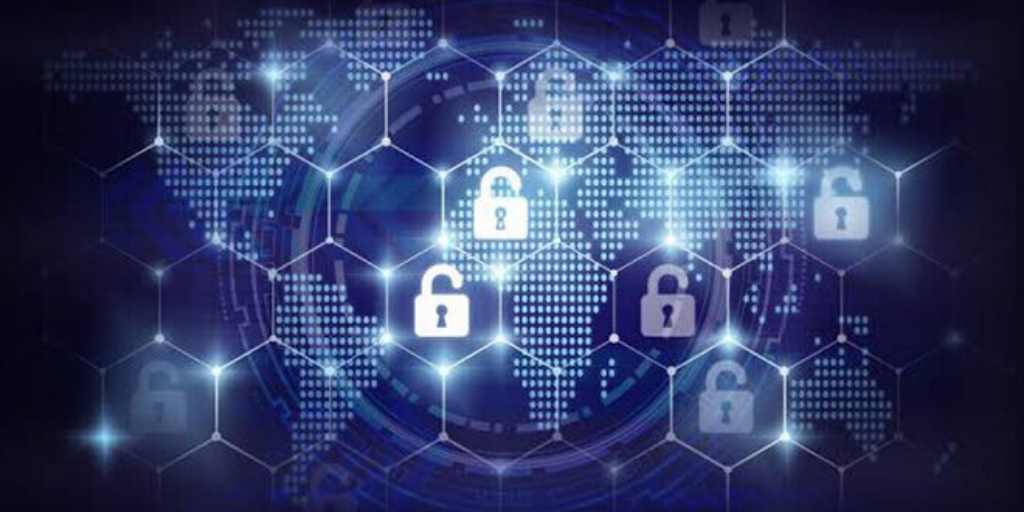
Multi-factor authentication is something we’re all accustomed to. When we sign into our online bank accounts, we’re often asked for a unique code in addition to our passwords. The idea is a simple but effective one. If someone does steal our password, there’s still another level of security that keeps them out.
The same concept can be used to protect your organisation against remote attacks. Here are five fundamental reasons why your business needs to implement multi-factor authentication.
- Deter Devastating Cyberattacks
- Stop Attacks in Progress
- Be Less Reliant on Passwords
- Have More Control Over Who Accesses Your Systems
- Implement a Simple But Secure Sign-in Process
1. Deter Devastating Cyberattacks
The first reason is the most obvious - multi-factor authentication stops cybercriminals in their tracks. Even if they have some of the right information, another level prevents them from having all of it.
Multi-factor authentication exists in a few different forms. The second level of security might ask for something you know (mother’s maiden name or the street your first house was on), something you have (fingerprint or unique code) or something you are (i.e. a human rather than a robot).
Whichever form you implement, the cybercriminals don’t have the information they need to gain access to your systems. They quickly realise they’re wasting their time, turning their attention to less secure targets.
2. Stop Attacks in Progress
Multi-factor authentication acts as a deterrent but it can also be an alert system. Imagine you have a system in place that automatically sends a unique code to a pre-approved device or email address.
The owner of this device or email account will quickly realise that someone else is trying to access systems and they can raise the alarm. If they’ve received the right training, they’ll immediately understand what’s happening and let the right people know.
This prevents not only this particular attack but can also give the IT department the information they need to stop attacks like it.
3. Be Less Reliant on Passwords
Be honest - how good are your passwords? Would they be classed as strong by a simple password strength tool or do you use the same one for your personal email, work email and bank account?
Most passwords are very easy to crack and sometimes we accidentally make it even easier for cybercriminals. Repeating passwords or writing them down in a shared space, for example, can leave vital systems vulnerable to attack.
Multi-factor authentication systems mean there’s always a second level of security protecting your business. Even if someone’s password is cracked by thieves, they’ll be rebuffed by the multi-factor authentication.
4. Have More Control Over Who Accesses Your Systems
If your business has used the same means of accessing important systems for several years, then you might be at risk of giving the wrong people access. If logins never change, then it’s difficult to know definitively who’s been accessing things they shouldn’t.
Consider employees that have since left the business or external third-parties who were only given permission to enter a system on one occasion. Would they still be able to enter in the same way?
Multi-factor authentication gives you greater control over who can see what. Previous users won’t have the information they need and it’s far easier to prevent access to those that shouldn’t have it.
5. Implement a Simple But Secure Sign-in Process
One of the biggest misconceptions regarding multi-factor authentication is that it makes logging in a time-consuming and frustrating process. This is only true if the authentication solution you’re using is the wrong one.
With the right solution in place, staff members can validate their identity just the once when logging in and be given access to multiple applications. With a secure and sophisticated solution, staff can provide their information once and access everything they need.
Finding the right multi-factor authentication solution can be tricky which is why we recommend that you talk to us first. The experts at PSTG can help your business to find the solution it needs by evaluating your specific requirements and existing setup.
We’re experts in all aspects of cybersecurity, helping businesses to develop robust security networks and ensuring they’re protected against today’s evolving threats. Get in touch with our team today and let us audit your current infrastructure so that we can recommend the best possible solution.
Alternatively, if you’re interested in IT security trends and want to know where you should be investing your budget, take a look at our free resource.
The IT Security Investment Guide For SMBs
This free guide is packed with useful cybersecurity information to help businesses like yours take the steps they need to protect themselves. The guide features investment trends, how MSSPs can help and a simple questions and answers section that will tell you how your business would cope if it was attacked right now.
Get your copy of the guide now using the link below and see if your organisation is spending enough money on IT security to combat today’s evolving threats.


